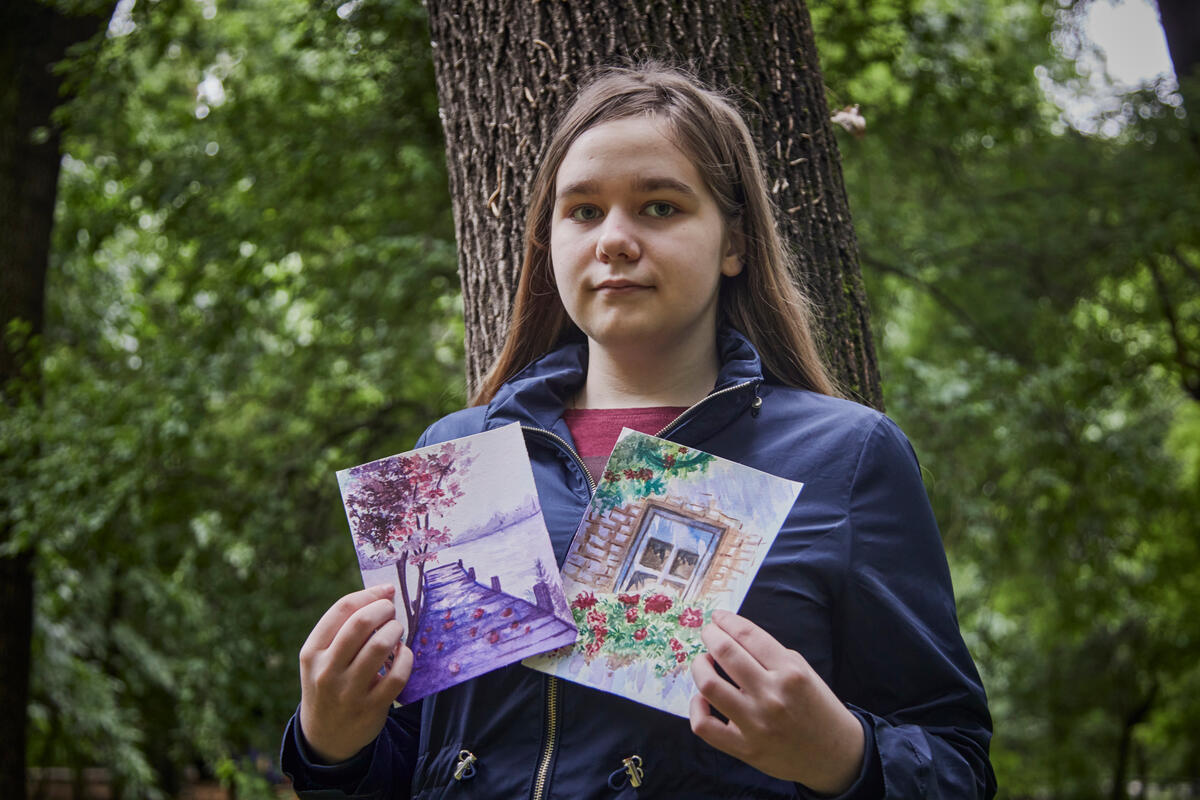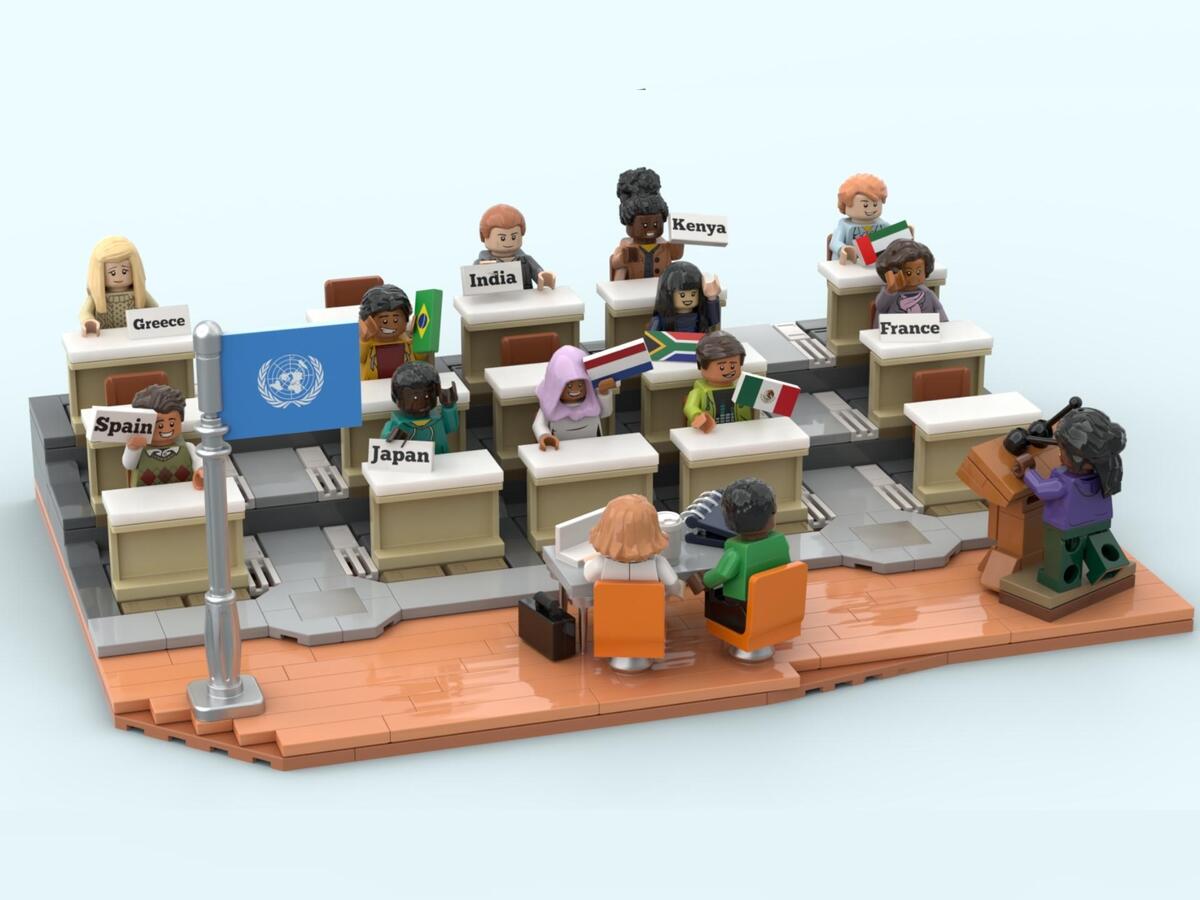UNHCR–NGO consultations open in Geneva, focused on youth
UNHCR–NGO consultations open in Geneva, focused on youth

GENEVA, June 15 (UNHCR) – UN refugee chief Filippo Grandi today kicked off the annual round of talks with non-governmental organizations, stressing the need to listen to displaced young people from around the world, whom he called “agents of change.”
UNHCR, the UN Refugee Agency, holds the three-day Annual Consultations with civil society organizations from around the world each year to discuss pressing issues of refugee and asylum-seeker protection.
The overarching theme in 2016 is “Youth,” and highlights UNHCR’s commitment to engaging with young people. The UN High Commissioner for Refugees told delegates gathered for the event that it was important to take “concretely the slogan that you are agents of change.”
“We need to be challenged… We need to be reminded that there are new ways to address the challenges that maybe we haven’t thought of. Youth as agents of change seems to me a very important theme.”
"Youth as agents of change seems to me a very important theme.”
More than 570 delegates representing 300 organizations in 90 countries are taking part in the talks this year, which run from June 15-17. Among them are 40 youth delegates, a group that covers ages from 15 to 24.
The Consultation comes at a time when the number of forcibly displaced people around the world exceeds 60 million for the first time in decades, half of whom are children and youth.
Grandi stressed that youth often “fall a little bit by the wayside.” “There is a lot of attention on children, there is a lot of attention on adults that work and have families… and people in your age range fall on the side, and we need to correct that.”
He said it was important to look at the resources dedicated to youth programmes, and to examine the specific protection measures that need to be put in place to “address the problem of refugee and stateless and displaced youth.”
“We need to make youth participate more in the design of programmes, especially programmes that are designed for young people.”

The Annual Consultations are an important forum for debate and provide fresh opportunities to collaborate on advocacy and operational issues with the participants from around the world who attend every year.
The topics for discussion this year emerged from the Global Refugee Youth Consultations with NGOs earlier this week. It gave some 25 youngsters from as far away as Colombia, Iraq and South Sudan the chance to pool their interests and experiences and place their concerns higher on the humanitarian agenda.
“When I found out there was a world-level consultation it was really incredible,” Colombian refugee Diego Narvaez told the opening session today. “I was extremely pleased to know that, for the first time, there would be an opportunity for young people to express everything that we feel, that we’re thinking about (and) that we could do this to people who have the possibility to ensure that we are assisted and helped.”
Several young delegates highlighted their concerns on the first day of the talks. On day two, the focus will be on strengthening resilience, identifying positive actions towards marginalized groups, and narrowing the gap between resilience and vulnerability.
Discussion on the final day of the meeting will focus on opportunities and stress the role of young people as agents of change.
In his closing remarks, Grandi said it was important for UNHCR to work closely with NGOs to advocate for solutions for young refugees, the internally displaced and stateless people.
“Together we can maximize that advocacy if we work well,” he said. “Let us focus on concrete results… We should not forget about concrete results for the people that we work for and with.”









